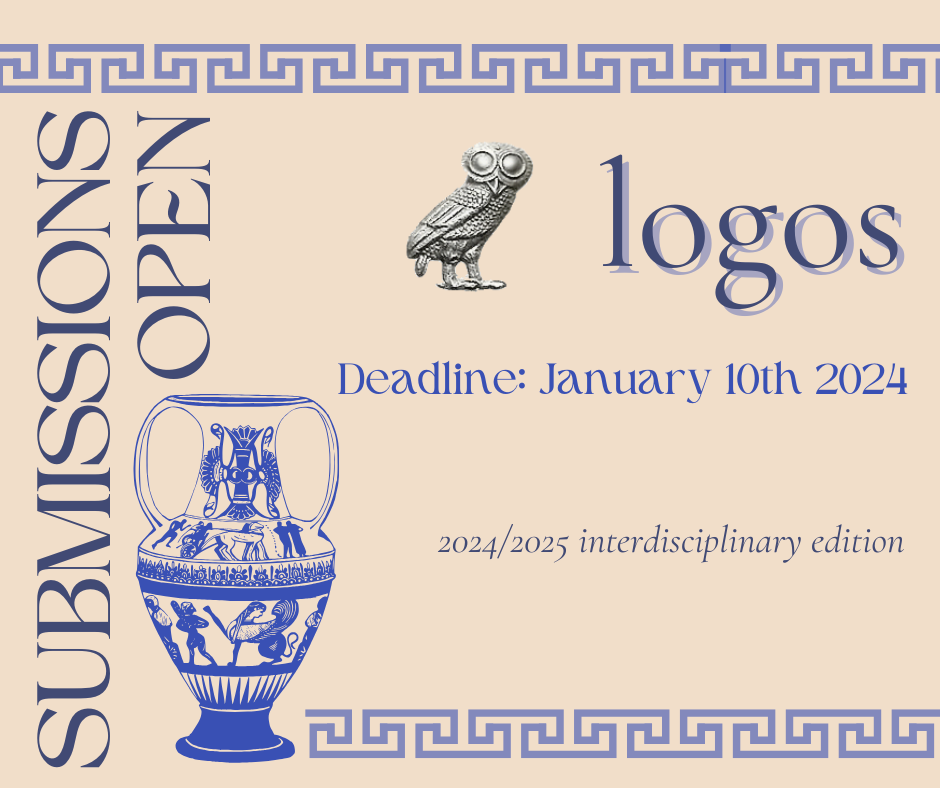Mark Locicero 

What is your area of research or teaching?
My research focuses on the role of water in Roman cities, and uses archaeological evidence of the supply, usage, and drainage of water to explore how people in different areas of the Mediterranean world interacted with their local environment. Currently, my research explores the hydraulic evidence from Volubilis, a Roman city located in modern Morocco. I am investigating the resilience and sustainability of its hydraulic systems over the entirety of the city’s life. Given my fascination with ancient technology, I will be teaching “Applied Science and Technology in Classical Antiquity” in the Spring of 2020.
Why are you excited to be at UBC?
I’m excited to be at UBC for the dynamic and supportive environment I’ve found here in the department. Much of the faculty and administrative staff have been great at welcoming me and helping to get my new research project up and running. As a junior scholar, having that kind of personal and professional support is much appreciated. In addition to the university’s research facilities, the frequent opportunities for informal discussion among other members of the faculty continue to challenge and expand my research horizons.
Caroline Arbuckle

My research is based on trying to access the lives of the non-royal people who lived in ancient Egypt. In particular, I study the actions, choices, beliefs, and professional practice of carpenters, and their position in society. I have chosen to focus on the long-term production of wooden coffins as a case study. As politics, religion, and access to local and imported materials changed, so did the objects produced, and the approach to production used by carpenters. By studying the shifts in woodworking technology, as seen through the changes to coffin construction, it is therefore also possible to comment on the development of Egyptian society more generally.
This summer, I went to the Museo Egizio, in Turin, Italy, as director of the Museology and Egyptian Material Culture summer field school, and as a researcher. After leading students in object handling sessions and discussions of Egyptian artifacts, I spent time studying the vast collection of intact and fragmentary coffins housed in the museum. I will be studying the data collected this year, which includes some exciting discoveries. I look forward to sharing the results both with the archaeological community, and with students in my classes on ancient Egyptian Archaeology, and Middle Egyptian Hieroglyphs this year at UBC.
Willis Monroe

Most recently I’ve been working on two quite distinct research areas. The first is the relationship between qualitative historical data and its quantitative counterpart and how we can reliable and responsibly convert between the two. This work has been inspired by my interaction (for three long years now!) with the Database of Religious History here at UBC. The second topic has to do with the role of the sense of sight in Mesopotamian science and divination. I’m interested in whether or not “sight” could result in new “discoveries” or merely “revealed” existing patterns in the heavens.
As for what I’m excited about in the coming year. It’s a whole constellations of things. I’m excited to finally put to rest a number of writing projects that have been ongoing for much longer than I’d like to admit. And begin the process of digging up new projects. I’m also really excited to teach RELG 201 in Term 2. Whether I’m teaching Archaeology or the History of Science mythological texts always come up in my lectures. I’m really looking forward to teaching a whole class on these myths and sharing my excitement, but also the deep meaning inherent in the ancient stories.


